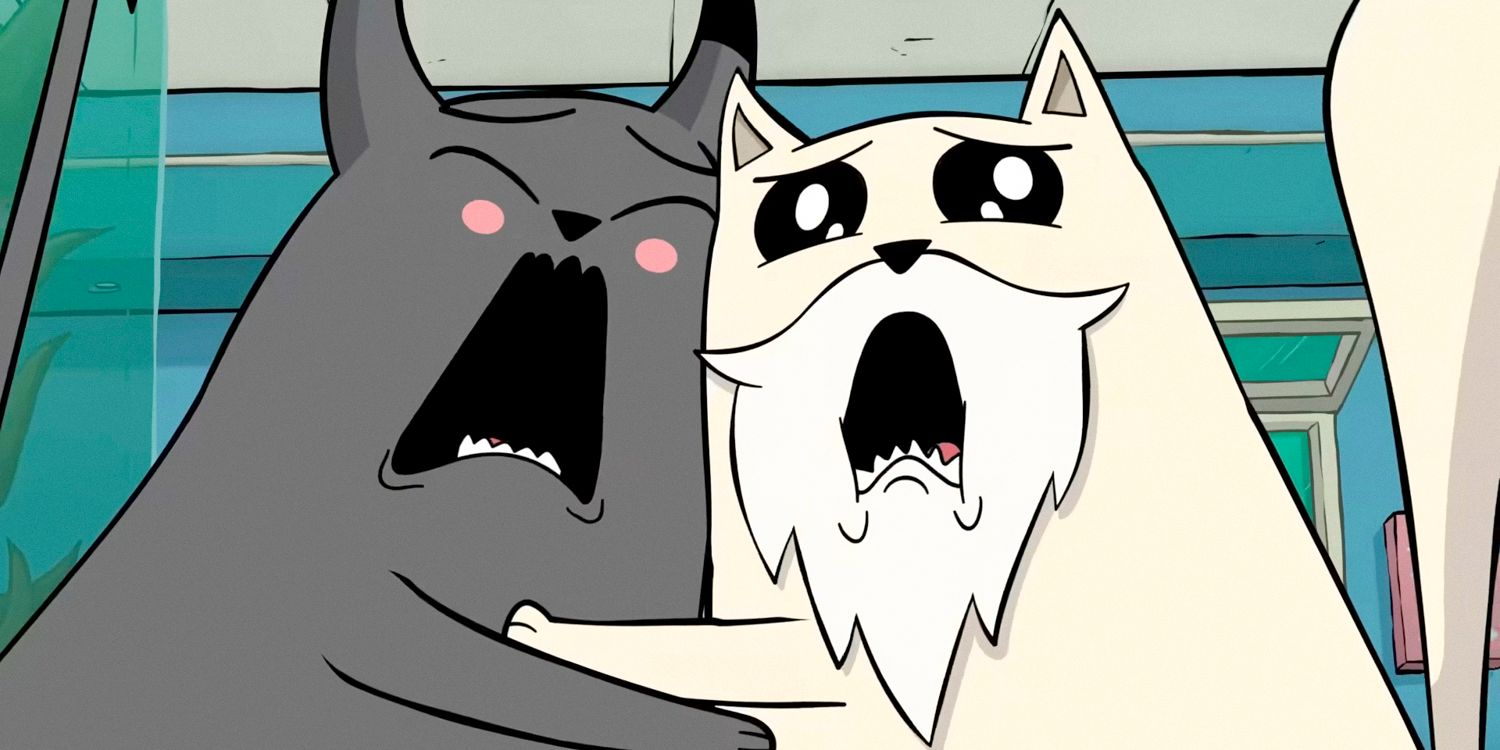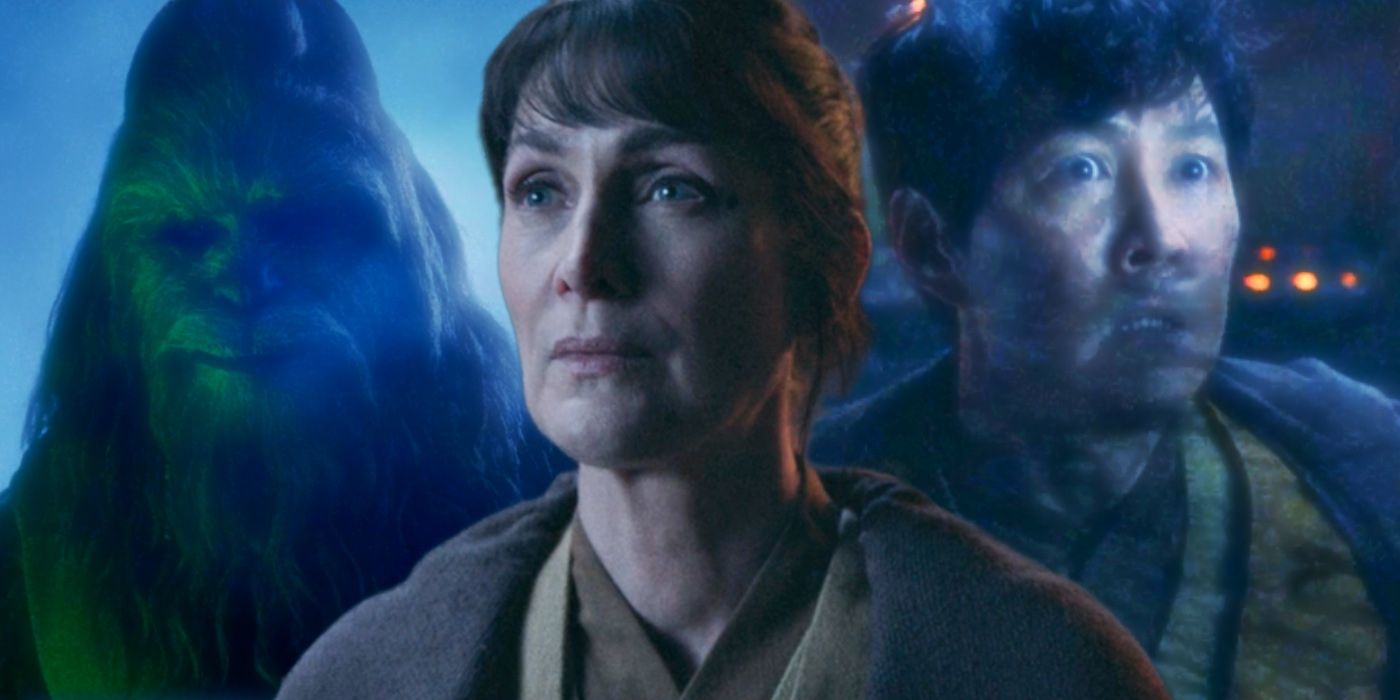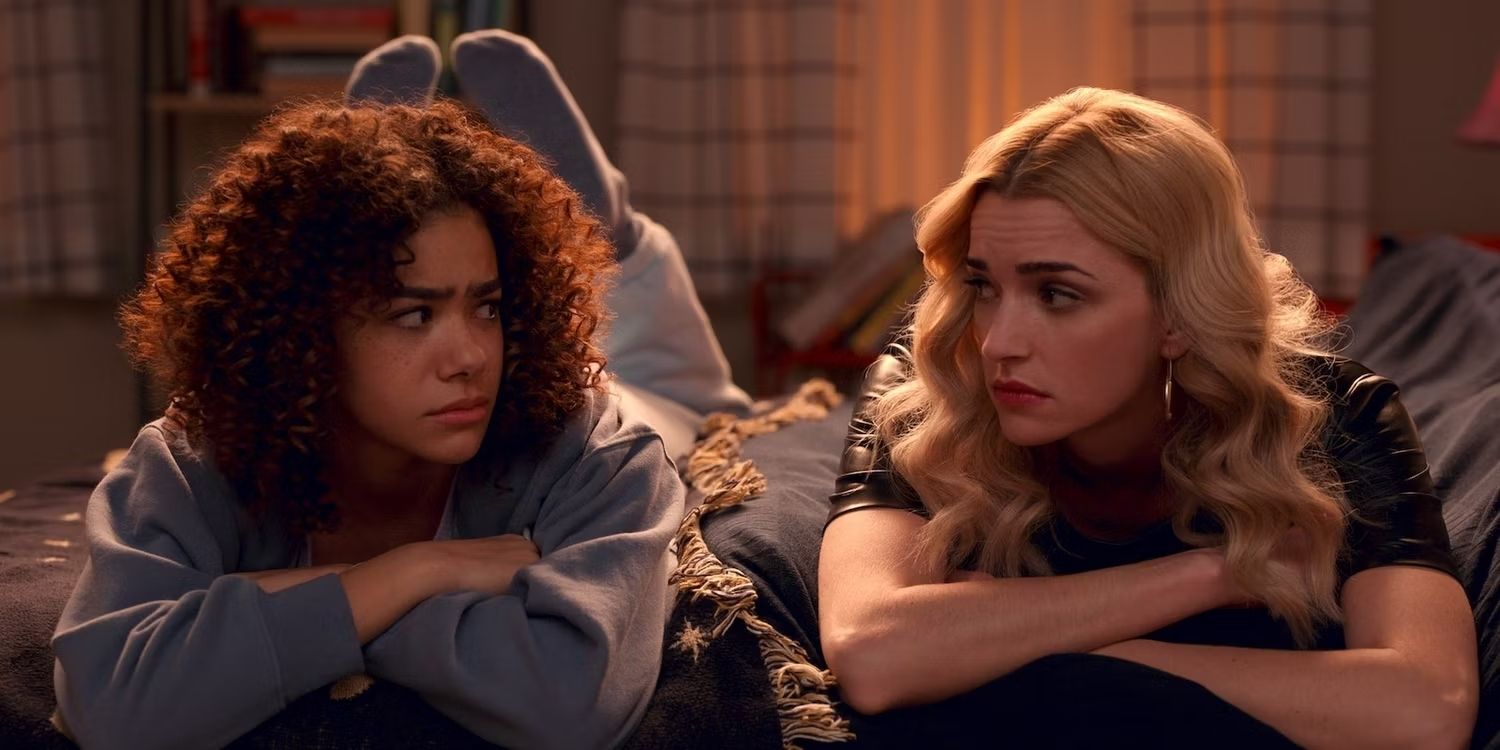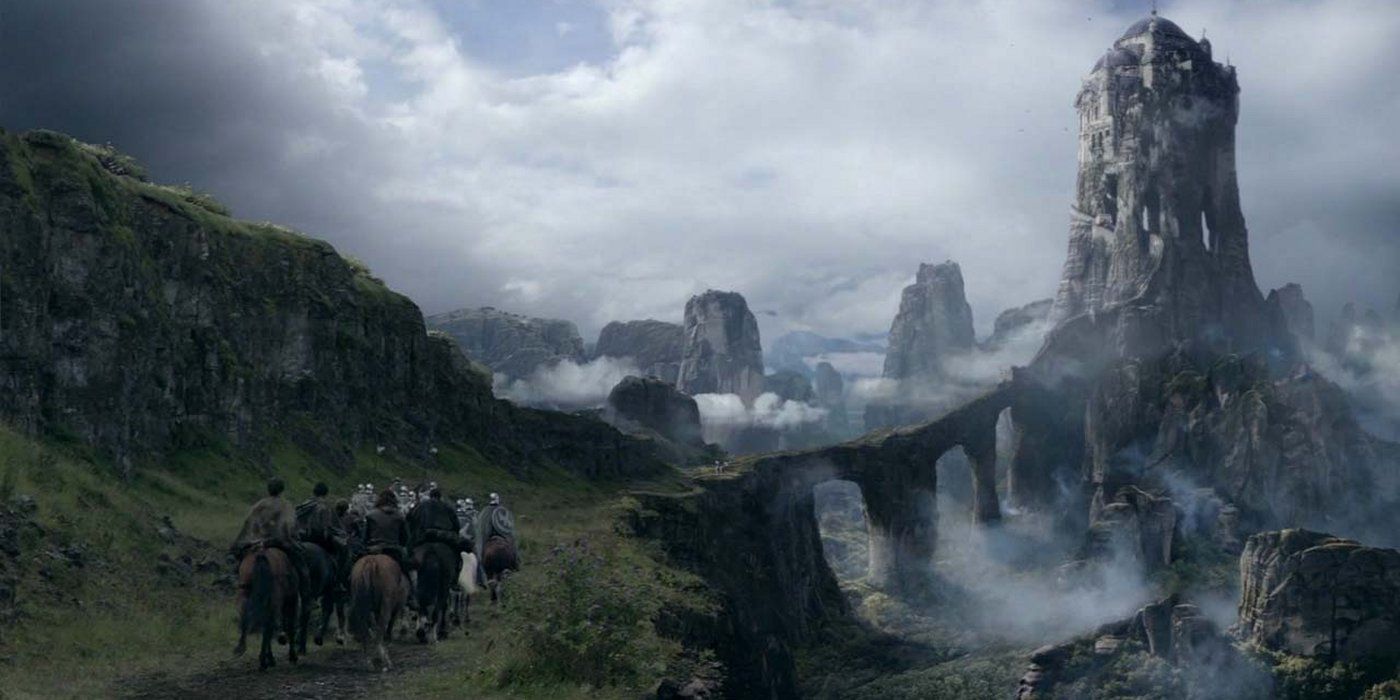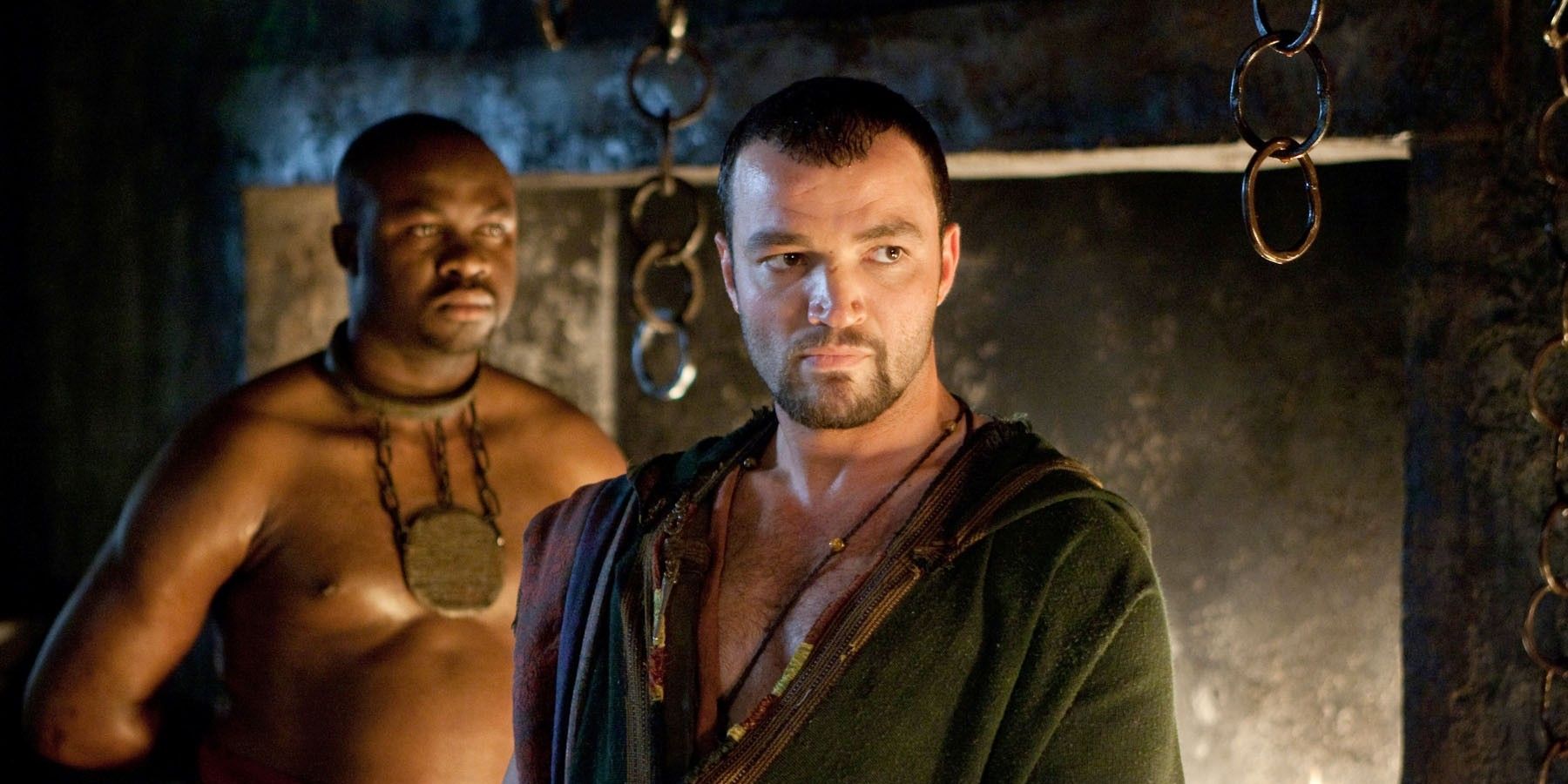Peaky Blinders’ ending sets up the potential for numerous spinoffs, but the franchise’s best success would be in prequels or stories from alternate locations, not sequels. While Peaky Blinders’ series is over, the main storyline has yet to conclude, as Tommy Shelby still has to take on the fascists in an upcoming movie. Following the Peaky Blinders movie, the franchise has plenty of stories left to tell, whether they follow current members of the Shelby family, gangsters connected to the Peaky Blinders in various parts of the world, previous eras in Shelby family history, or entirely new characters set within the same gangster universe.
The political themes and interconnected criminal worlds of Peaky Blinders lend the show well to spinoffs, but sequels aren’t the right choice after the upcoming Peaky Blinders movie. The main Peaky Blinders story is defined by Tommy Shelby, and it’s unlikely that he’ll survive the climactic battle with the fascists. The show has hinted at continuing the main story through sequels set further in the future while bringing back original characters for cameos, such as following Ada Shelby’s budding political career, Duke and Isiah taking over the Peaky Blinders gang, or even Alfie Solomons’ criminal empire after Tommy’s story ends. Instead, the franchise would excel by moving to prequels or concurrent stories indirectly related to the Shelbys.
Why A Sequel Spinoff Is Wrong For Peaky Blinders
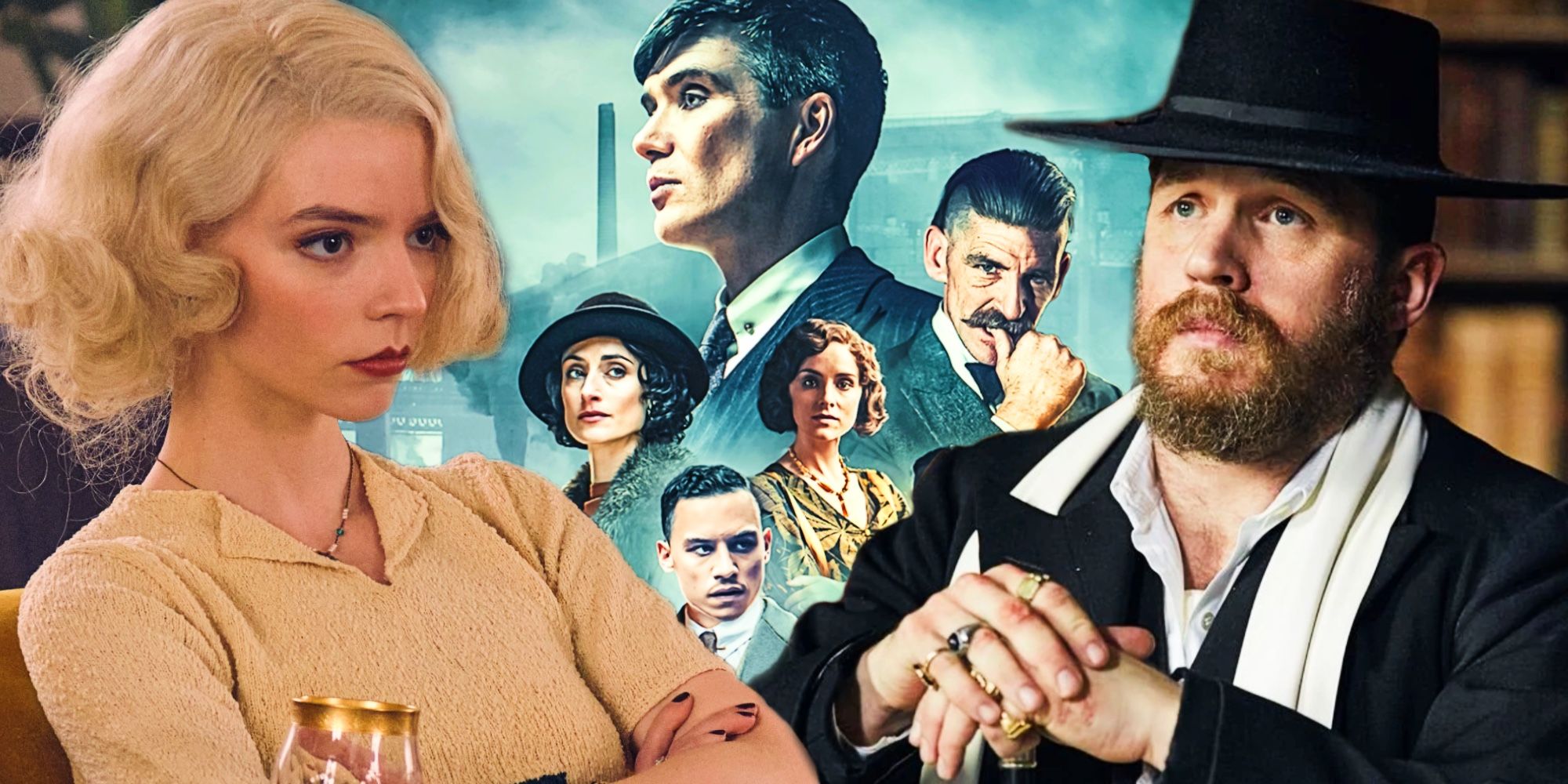
A Peaky Blinders sequel would be missing one of the most important elements of the series, namely the impact of major wars on the global economy, gangsters’ business ventures, political corruption, and the lasting psychological damage on the main characters. Tommy Shelby’s Peaky Blinders story will end as World War II begins, which means it’ll be quite some time before another major war sets the world into chaos. In order to bring back a combat-heavy wartime aspect of Peaky Blinders, a sequel series would need to jump ahead approximately 25 years for the Vietnam War, which would also work better for an American story than another UK focus.
If Peaky Blinders did continue with a sequel at a normal passage of time, the next global conflict would be the Cold War, which offers a starkly different tone than the two World Wars. While seeing how gangsters react to the international tensions of the Cold War would be interesting, it doesn’t offer the same grit or a fast-paced progression of events as Peaky Blinders’ World Wars, as the conflict occurred over a period of about 45 years. The only plausible story connection for Peaky Blinders would be Ada’s political career, yet the Cold War doesn’t lend itself as well to gangster storylines unless it were to focus on the Russian mafia.
How A Prequel Peaky Blinders Series Could Succeed
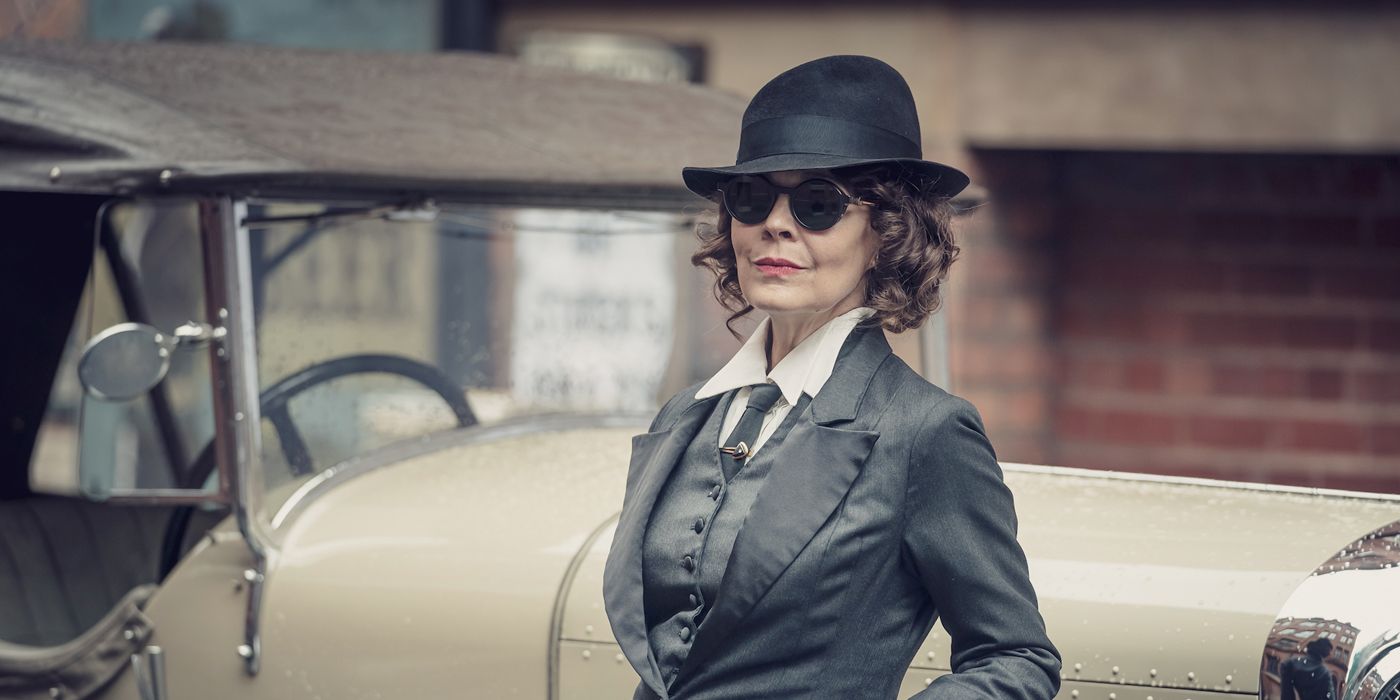
Instead of continuing down the same road without Tommy in the driver’s seat, which would already open a sequel up to disadvantaged comparisons, Peaky Blinders’ spinoffs could take a look at the past stories of the Shelbys and Peaky Blinders gang. Peaky Blinders’ season 1 opening alludes to plenty of unseen conflicts and intriguing developments that brought the gang to where they were when Tommy returned from World War I, which could serve as a compelling story. Not only would a prequel series set in the late 19th century depict Tommy’s father, young Polly Gray, long-standing conflicts between the various Romani families in Birmingham, and Tommy’s unseen mother, but it could also later show Tommy, Ada, John, and Arthur as children.
In addition to the impacts of wars, another significant theme in Peaky Blinders is the Shelby family’s Romani history. Rather than relying on the Shelby characters that were already introduced in Peaky Blinders’ main story, the franchise could depart by going back in time several centuries to the origins of the family in Ireland and as Romany people. Similar to how Yellowstone has already produced several spinoffs following past generations of the Dutton family, Peaky Blinders could showcase the history and early conflicts of the Shelby family’s Romani heritage before they settled in Birmingham.
Peaky Blinders Has Main Timeline Stories Left To Tell
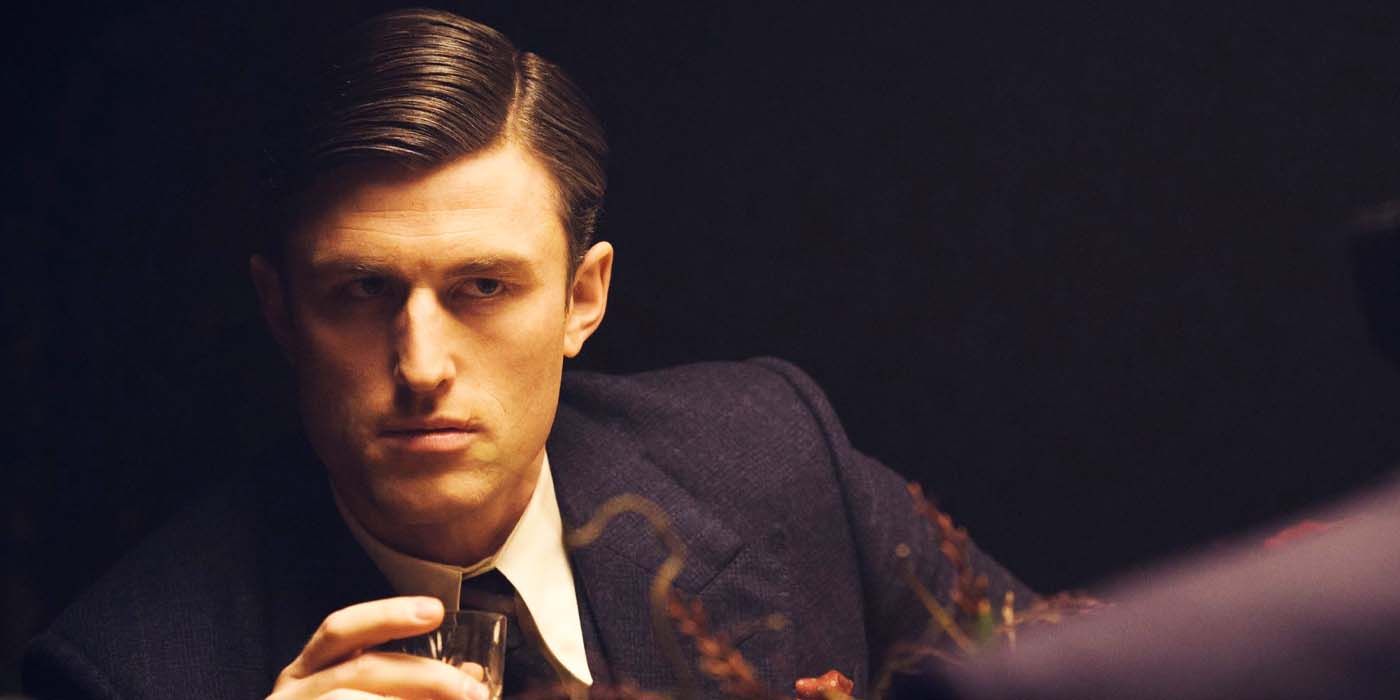
Following the end of Tommy Shelby’s story, Peaky Blinders’ franchise also has several avenues to take that don’t directly involve the Peaky Blinders crime gang or the Shelby family. Rather than moving forward with the Shelbys or jumping back in time to the crime gang’s formation, Peaky Blinders can retell stories from the main timeline through new characters, groups, and previously referenced conflicts. Tommy develops more enemies than allies in Peaky Blinders, so the universe could focus on the ventures of competing gangs outside Birmingham. While a spinoff about Tom Hardy’s Alfie Solomons leading the Jewish gangsters in Camden Town against the Italians would arguably be the most popular, the universe may benefit from an entirely new setting.
A new direction for the franchise could see Peaky Blinders move to America, which became an important backdrop for Tommy and Michael’s conflicts in Peaky Blinders seasons 5 and 6. Bootlegging in America was where Michael excelled, with Peaky Blinders teasing an entire criminal empire that could be very loosely associated with the Shelbys. Peaky Blinders season 6 also highlighted Michael’s wife Gina and her uncle Jack, who were influential in the criminal world of the Irish gangsters in Boston. An American Peaky Blinders spinoff set in the 1920s could also focus on the tensions between Uncle Jack’s Boston gang and New York Italian gangs like season 4’s Changrettas, thus bringing together many facets of the main story’s crime wars.
Since Peaky Blinders’ main timeline skips over several years between seasons, depicting stories set during these missing years is a huge opportunity for franchise overlap. Audiences already know the general outline of what happened during these gaps based on the Shelbys’ recollections, but concurrent spinoffs could finally give real-time depictions of these eras from different perspectives. In addition to maintaining the tone of the original series, a concurrent Peaky Blinders spinoff would also open the door for cameos from deceased characters like Grace Shelby, John Shelby, Luca Changretta, Michael Gray, and Sam Neill’s Chester Campbell. Tommy Shelby’s operations had great impacts on the international criminal underworld, so Peaky Blinders’ spinoffs could show how other entities responded to his actions.
